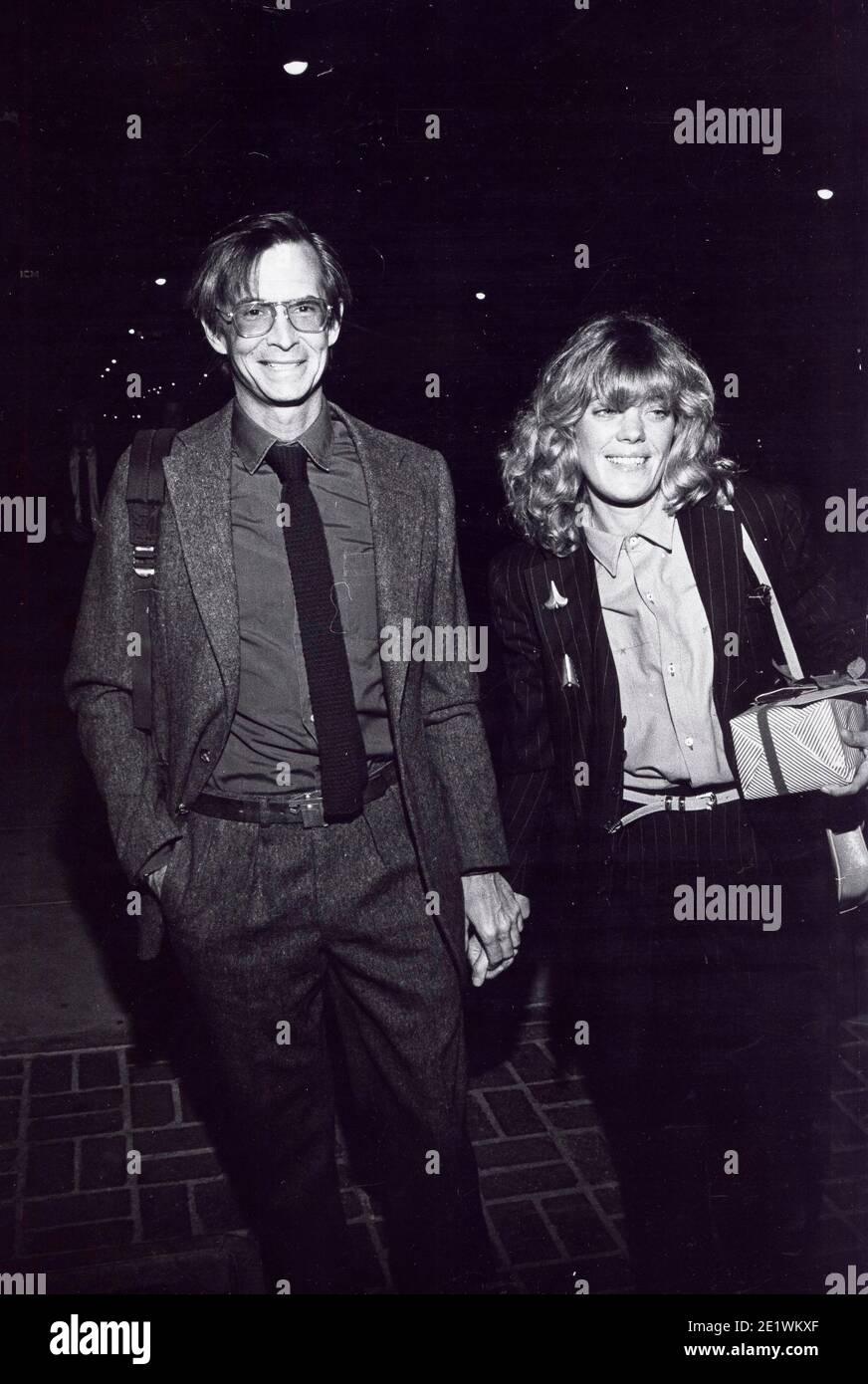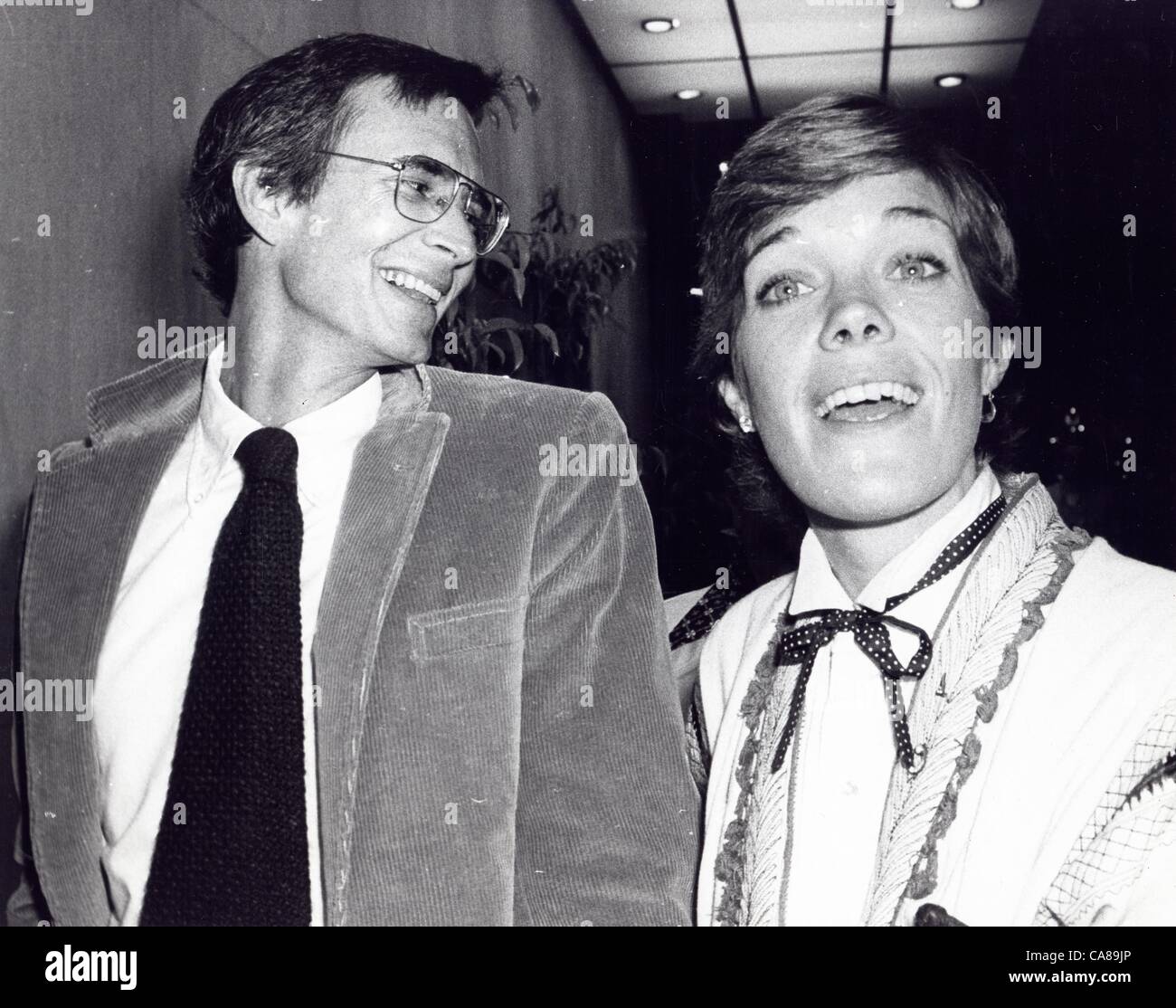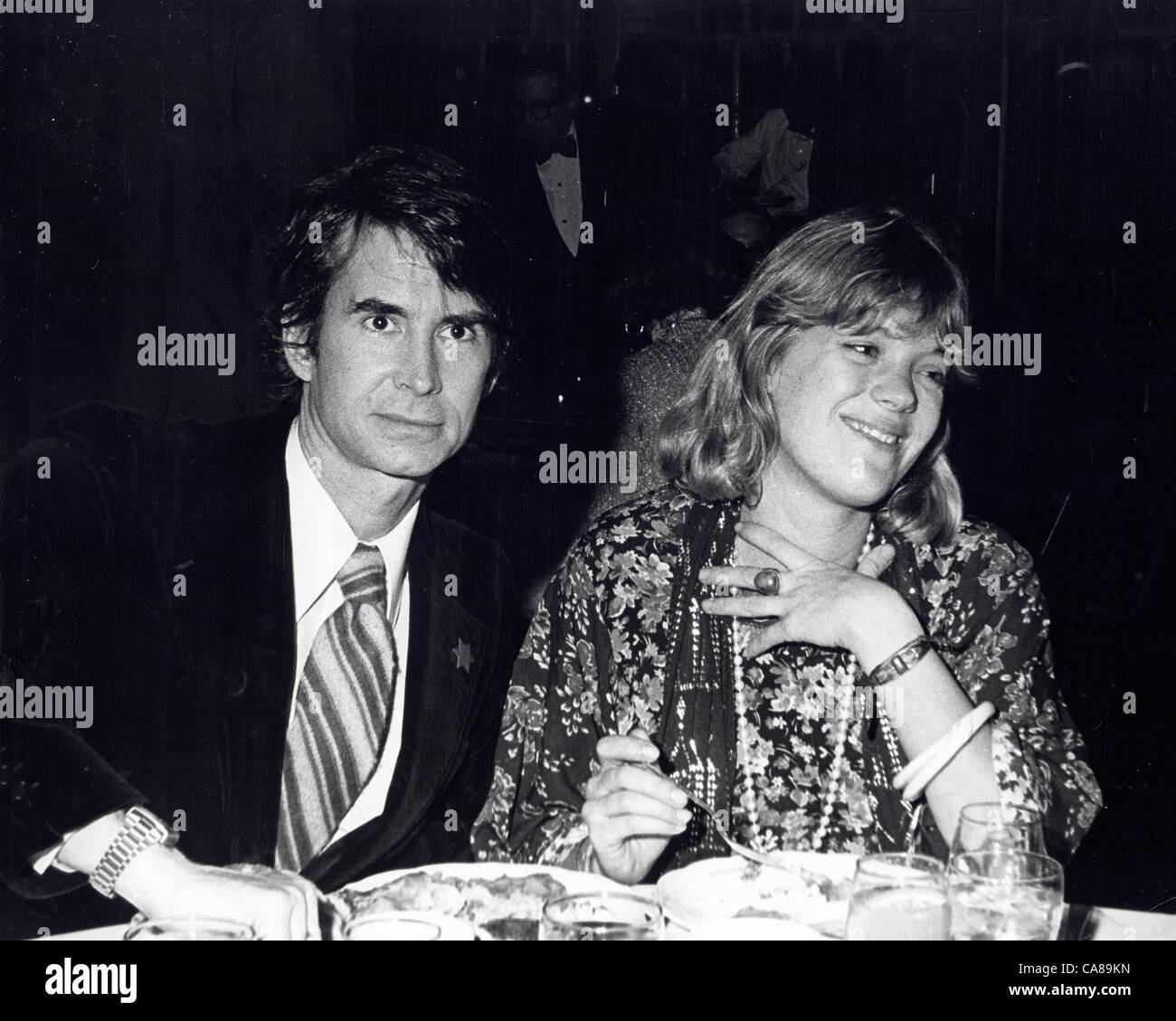Let me tell you about Anthony Perkins, a man who was once set to take Hollywood by storm in 1958. He was being hailed as “the hottest property in motion pictures,” drawing comparisons to the likes of James Dean, Marlon Brando, and Elvis Presley. But here’s the thing—Anthony, standing tall at 6-foot-2 with that striking good looks, wasn’t one to buy into all the hype. He was humble, almost dismissive of the praise showered upon him.
Anthony once said, "If you’re the number one star, you can’t go anywhere except to be the number two star." He understood the fleeting nature of fame and the pressure it could bring. It was like he was standing on a precipice, knowing that once you reach the peak, the only way is down. This awareness gave him a unique perspective on his career, recognizing that there might always be a ceiling to what he could achieve.
The Turning Point: Becoming Norman Bates
Fast forward two years, and Anthony Perkins stepped into the shoes of Norman Bates in Alfred Hitchcock's masterpiece, Psycho. This role transformed him into one of Hollywood’s most unforgettable villains. As Charles Winecoff, author of Split Image: The Life of Anthony Perkins, puts it, "People couldn’t look at him the same way after that." It was a double-edged sword for Anthony. While it skyrocketed his fame, it also pigeonholed him in a way that was hard to escape.
Read also:Bob Barker A Legendary Life Of Fun Philanthropy And Advocacy
A Complicated Life Beyond the Spotlight
Anthony was never the typical Hollywood star. He had an independent spirit that didn’t align with the conventional norms of the industry. His personal life was layered with complexities, including a secret romance with fellow actor Tab Hunter. "He was really his own person," Winecoff says. "He doesn’t fall into any categories. Whatever his struggles were, he’s just unique." This uniqueness set him apart but also made it difficult for him to fit into the roles that Hollywood wanted to cast him in.
From a young age, struggle was a part of Anthony's life. His father, actor Osgood Perkins, passed away from a heart attack when Anthony was just five, leaving a profound impact on him. He was raised in Manhattan by his mother, Janet, and their relationship became unusually close, reminiscent of Norman Bates and his mother. Anthony later hinted that Janet might have shown inappropriate affection, adding another layer of complexity to his early life.
Acting as an Escape
For Anthony, acting was an escape from the sorrow and confusion of his youth. He once remarked, "There was nothing about me I wanted to be. I felt wonderfully happy being someone else." He followed in his father’s footsteps, achieving fame in films like Friendly Persuasion before checking into the infamous Bates Motel in 1960. While the role made him a sensation, it came at a cost. After Psycho, Hollywood only wanted him to play more villains, which wasn’t what he desired. "People don’t usually think of me for comedies," he said, "and I do like doing comedy."
A Complex Personal Life
Anthony’s personal life was intricate too. He often had relationships with men, including a significant relationship with dancer Grover Dale. In those days, discussing one’s sexuality openly was unheard of, so many were surprised when he married actress and photographer Berry Berenson in 1973. The union resulted in two sons, Oz and Elvis, and seemed to bring structure and normalcy to his life. "Ever since I got married and had kids, my life became much more structured and ordinary," Anthony remarked, taking immense pride in his family. "He was devoted to them," adds Winecoff.
A Legacy of Independence
Anthony remained married to Berry until his passing from an AIDS-related illness in 1992 at the age of 60. Throughout his career, he believed in charting his own path. The latter part of his career saw him embracing supporting roles where he could happily disappear into the character. He also revisited Norman Bates in two sequels, even directing one of them. "I think Psycho is one of the things that’s given me longevity in this business," Anthony said. "I would have hated to disappear like so many actors in the ‘50s did. … I’m still here. That’s all I know." It’s a testament to his resilience and adaptability in a constantly evolving industry.


